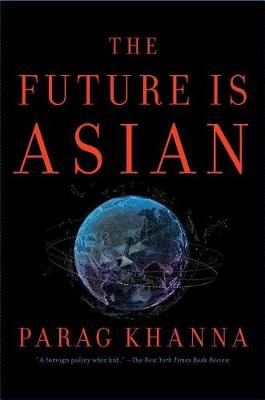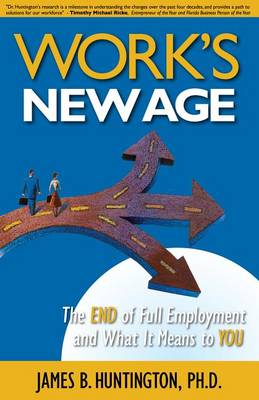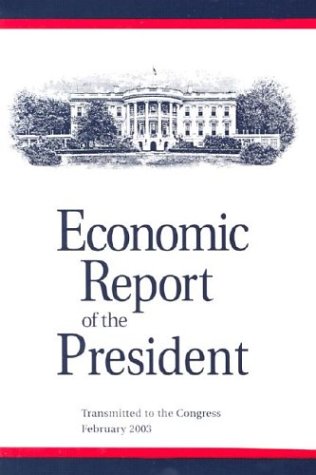Crisis as Catalyst (Cornell Studies in Political Economy)
The financial crisis that swept across East Asia during 1997–1998 was devastating not only in its economic impact but also in its social and political effects. The explosive growth and sociopolitical modernization that had powered the region for much of the preceding decade suddenly were dramatically interrupted. East Asia is economically outperforming the rest of the developing world once again and has become a leading force in the global economy. In the wake of the crisis, East Asia changed in...
Social Security Reforms in Colombia: Striking Demographic and Fiscal Balances
by Sergio Clavijo
Employment, Hours & Earnings: (Employment, Hours & Earnings: States & Areas)
by Eva E Jacobs
Capitalist Space Economy (Routledge Library Editions: Economic Geography)
by PhD Eric Sheppard and Trevor Barnes
'An authoritative book which may well become a standard reference . . . compelling' James Kynge, Financial TimesLeading global strategist Parag Khanna explains how Asia is reshaping the entire planet and setting a new template for our collective futureFive billion people, two-thirds of the world's mega-cities, one-third of the global economy, two-thirds of global economic growth, thirty of the Fortune 100, six of the ten largest banks, eight of the ten largest armies, five nuclear powers, massiv...
de Interpretatione (Bibliotheca Scriptorum Graecorum Et Romanorum Teubneriana)
by Aristoteles
Research in Economic History (Research in Economic History, Supplement 2)
Under New Ownership
by Shahid Yusuf, Dwight H. Perkins, and Kaoru Nabeshima
Although the relative size of the public sector has been much reduced worldwide since the early 1980s, it remains the dominant borrower from the banking system and responsible for the majority of the non-performing assets of banks. Drawing upon new firm-level survey data, this volume assesses how changes in the ownership structure of SOEs affect management, governance, innovation, and performance, comparing these SOEs to other types of firms in China. It also considers China's reform efforts a...
War and Social Change in Modern Europe: Great Transformation Revisited
by Sandra Halperin
The Economic History of the Maritime Provinces (Sources in the History of Atlantic Canada, #3)
by S a Saunders
India's Economic Reforms and Development (Oxford India Perennials)
The success of India's economic reforms in accelerating growth and reducing poverty has been well-documented. In view of Manmohan Singh's key role in spearheading India's development process, this volume in his honour, brings together a collection of essays on the economic reforms initiated in 1991 and explores policies, frameworks, and strategies to fully realize their potential. Significantly revised and updated, this new edition: traces India's development experience and transition to an op...
Whenever governments change policies-tax, expenditure, or regulatory policies, among others-there will typically be losers: people or groups who relied upon and invested in physical, financial, or human capital predicated on, or even deliberately induced by the pre-reform set of policies. The issue of whether and when to mitigate the costs associated with policy changes, either through explicit government compensation, grandfathering, phased or postponed implementation, is ubiquitous across the...
Thailand Beyond the Crisis (Routledgecurzon Research on Southeast Asia)
Locating the Industrial Revolution: Inducement and Response
by Eric L Jones
The familiar industrialisation of northern England and less familiar de-industrialisation of the south are shown to have depended on a common process. Neither rise nor decline resulted from differences in natural resource endowments, since they began before the use of coal and steam in manufacturing. Instead, political certainty, competitive ideology and Enlightenment optimism encouraged investment in transport and communications. This integrated the national market, intensifying competition bet...
European Economic Elites (Schriften Zur Wirtschafts- Und Sozialgeschichte, #84)














